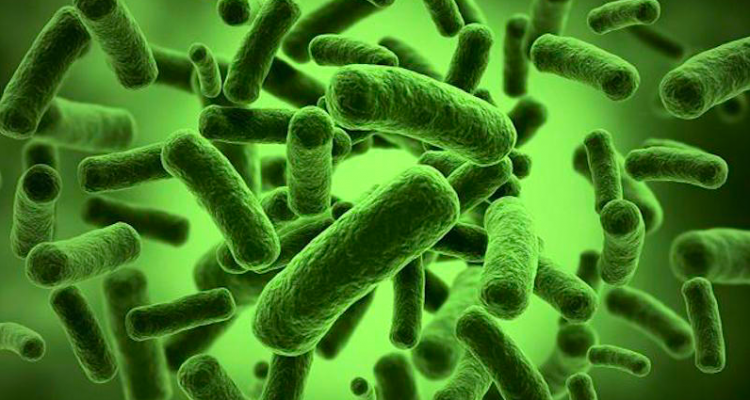Collectively known as gut bacteria, the millions of microorganisms living in our digestive tracks are getting a lot of attention, and with good reason.
Did you know that 90% of the genetic material in our bodies belong to the trillions of tiny “bugs” like viruses, fungi and bacteria that live inside of us? Research is showing that this “bouquet” of gut flora is integral to our health. We asked May Tom, a dietician at the luxury resort and retreat Cal-a-Vie Health Spa what makes gut bacteria so important.
#1: Unhealthy Gut Bacteria Equates To A Dysfunctional Immune System
The bacteria in your gut help keep your intestinal lining and mucus membranes healthy, which in turn helps your immune system run smoothly. 70-80% of our immune system is stationed in the lower half of our digestive system. Consider your gut lining the border and your immune system the border patrol- if the border’s checkpoints become compromised (also known as leaky gut), your immune system can become dysfunctional: either weakened or hyper-stimulated or both, which can lead to chronic inflammation and make you susceptible to acute, chronic and even autoimmune diseases.
#2: Your Gut Bacteria Can Affect Your Brain and Your Mood
Did you know that the gut is often referred to as “the second brain” because many of the neurotransmitters found in the brain are also found and used in the gut? The list includes serotonin, dopamine and GABA. A disturbed microbiome has been associated with increased stress, anxiety and depression. If you suffer from brain fog, depression or anxiety, consider giving your gut bacteria a little (or a lot) of TLC.
#3: Your Gut Bacteria Can Influence Your Weight and Metabolism.
Studies show that people who have metabolic diseases, such as obesity or diabetes, have different gut flora than healthy individuals. In fact, it seems like type of gut bacteria you have can actually dictate your food preferences and eating habits as well as influence how many calories you absorb from your food! Because of this, consuming prebiotic and probiotic rich foods or supplements may help you lose weight. Probiotics are live cultures, found in fermented foods such as yogurt, kimchi, kombucha tea, tempeh, and kefir. Prebiotics feed the probiotics, and can be found in foods such as bananas, asparagus, Jerusalem artichokes, chicory root, and leeks.
Want to know more about gut health? Read on:

